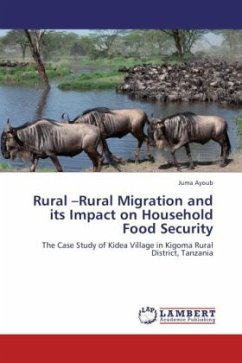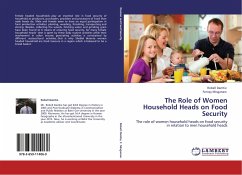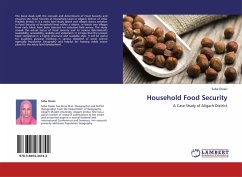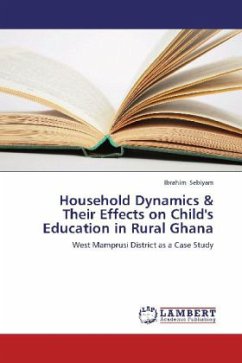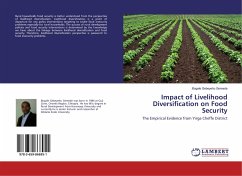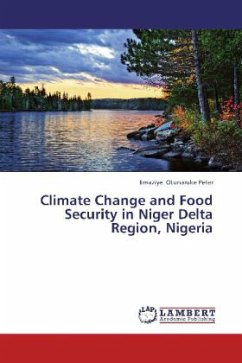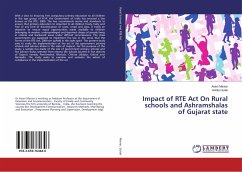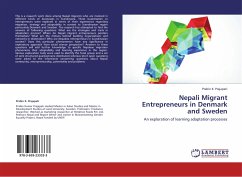This study is based on research undertaken in Kidea village in Kigoma Rural District, Tanzania. The objective of this study was to assess the status of rural rural migration and its impact on household food security. Household questionnaire, focus group discussion, key informant interviews and physical observation were employed in data collection. The findings of the study show a general decreasing trend of immigration to the study area. Land shortage, loss of soil productivity, higher food prices and limited income opportunities in migrants places of origin are reported as drivers for out-migration of people from their places of origin to Kidea village. Majority of households were comparatively more food secure at destination than in their places of origin. The level of household food security differed from one household to another depending on the length of time harvested food lasted before next harvest, coping strategies employed in bridging food deficit gap and on the level of household participation in off-farm income generating activities. The study recommends improved provision of farming inputs in both migrants sending and receiving areas to maximize food production.
Bitte wählen Sie Ihr Anliegen aus.
Rechnungen
Retourenschein anfordern
Bestellstatus
Storno

